Ramchandra PN is a 1991 ‘Screenplay writing and Direction’ graduate from the ‘Film and TV Institute of India’. Over the years, he has been making documentaries, features, short films and TV programs. His first feature film SUDDHA (The Cleansing Rites) in Tulu language won him the Best Indian Film at the Osian Cinefan Festival of Asian Films, New Delhi Indian 2006. It also won him a Hubert Bals exhibition grant in the following year, through which he showed the film at over hundred Tulu speaking villages in Coastal Karnataka South India. His second feature film PUTAANI PARTY (The Kid Gang) in Kannada language won the Best Children’s film at the Indian National Film Awards in 2009. It was also in consideration for nomination for the Asia Pacific Screen Awards. His third feature HAAL-E-KANGAAL (The Bankrupts) in Hindi language is making its screening rounds. He is also occasionally involved in film academics, conducting film workshops in various institutions.
As a child what were your early influences towards cinema? Art, literature, graphics, photography?
Like most children growing up in the 1970s in any small town Karnataka, I was a die hard fan of the Kannada super star Dr Rajkumar. Later on, one shifted allegiance to the angry young man of Hindi films, Amithab Bachchan- after getting star struck by some of his films like Don, Amar Akbar Antony and Parvarish. I don’t think there was any inclination serious towards cinema, during childhood.
How did you first become interested in film direction?
It was in college that I got involved in Kannada theater; as an actor first and then in back stage and direction. I also took a liking to still photography, thanks to a Pentax camera that was gifted to me by a relative. It surprised me when my guru in theater told me that there are schools in India that teach film direction. By the time I finished my degree, I was pretty sure that I needed to be a film director.
What steps did you take to train yourself?
Initially, I attended film appreciation courses, wherever it was conducted in Karnataka. Practical experience came when a cousin’s friend got hold of a VHS camera, a luxury in my home town Udupi in those days, on which we shot a small film, editing it in camera itself, as we were shooting. Finally, in 1987, I got into the Film and TV Institute of India.
Have you assisted anyone? How does it help one?
Although assisting helps you develop contacts, I was clear from the beginning that I wanted to be independent. The only assisting experience I have had was was when I was the eight assistant for a Hindi-Kannada film that was shot in Bangalore. I was terribly out of place there.
How did your first film project come about? Tell us something about the experience.
I came to Mumbai and started doing independent stories for the TV serial ‘Surabhi’. My first short film ‘The Hot Shot’, was shot on 16 mm out of my first earnings from it. For the next ten-twelve years or so I was engrossed in the TV world, mainly in the non fiction genre, till it struck me that I had still not yet made a film. Fortunately, the digital era had just begun then and I had brought my Sony PD 150 camera. I shot a Tulu language feature film called SUDDHA (The Cleansing Rites) – thinking that if nothing else it will become a show reel. But it won an award.
Tell us something about crowd funding. Do you think the process can be improved and become a larger contributor to a film’s budget?
Crowd funding is an important tool ever since the days of John Abraham Odessa Collective. These days, it is being frequently used by a lot of independent film makers through various supportive digital platforms. It is certainly useful especially in post production and during a possible release. But I am not sure, how long can you keep using this option.
How do you decide on a film subject. What are your inspirations?
The first feature film SUDDHA was based on a Tulu play that dealt with the changing life style in Coastal Karnataka, a subject that I had lived through. My second, PUTAANI PARTY (The Kid Gang) is about a children’s village self governing body, in Kannada language. When I was doing a documentary film on such children’s Panchayats in Kundapur in Costal Karnataka, I came across an inspirational story where the children had got together to oppose illicit liquor lobby in their village. By and large I get my subjects for fiction films when I do documentaries.
Tell us about your latest film.
HAAL -E- KANGAAL (The Bankrupts) in my third and latest feature film, in Hindi language. It is a self funded film having just to characters and shot rigidly within the confines of a flat in a city. It is self reflective in nature, as it deals with who meet after fifteen years and realise that they are bankrupt in all sense of the word. For the last five months I have been travelling with the film in various cities and towns in India, showing it to select interested audience.
Is film direction intuitive or is it something you learn?
Anything creative in nature has an imminent element of intuition to it. But all that intuition is of no use if it is not backed by solid learning and what they call ‘riyaaz’ in music. You could do a course in a film school, but one has to keep learning and practicing, if your film has to evoke even a little bit of authenticity.
Your favorite films or directors? At least two of them?
It was after seeing Girish Kasarvalli’s GATASHRADDHA, that I wanted to become a film maker. Pather Panchali, Roshomon and Amma Ariyan are some of the other films that have left a deep impact. I also like Lui Bunuel’s later films, Woody Allen’s comedy and G. Arvindan’s rustic films – strange combination, that.
Any hurdles you have encountered in your journey. Things that are blocks in a achieving your vision while making your film.
For quite some time I did think that the biggest hurdle in film making is in getting producers and funds. I am not inclined to think so, now. The biggest hurdle, I think, is the limitation that your own mind sets for you – the niggling doubts, procrastination, the fear to take the plunge, the fear of failure, etc… Taking your film to its audience is the challenge that is preoccupying me, these days.
Do you often get all that is in your wish list or is it a hard bargain every time?
I would like to believe that everybody would have a basic set of things or framework on which there would be no bargain. Within that broad framework, there is always scope of accommodation, give and take – that is what collective film making is all about.
What is in the kitty now?
A feature film called ‘The Saga of Bunnu K Endo’ on corporatocracy, is what I am presently looking at. It is part Kannada and part Hindi fiction feature. It is in the development stage – the script almost finalised, the location fixed. I am on the look out for actors – professionals or non professionals. The declaration is that within the next year or so the film should be complete.
Any advice to the inspiring directors?
Actually it is the other way round. Recently I was at the Sonapani film festival. I met and saw some of the works of young filmmakers like Raam Reddy and Niharika Popli. I am inspired by the clarity, commitment and purpose of some of the new filmmakers.
Any memorable blunders?
As we know there was this orientation course to get into the Film Institute. Since it was optional, I decided to skip it for I had to go to Delhi on the same dates to give another interview at the Jamia Milia Mass Communication College. I came to Pune the day before the final entrance test and lied that I could not make it as my grandmother was not well and people believed it – except my friend the Late Pankaj Advani who a year later told me, ‘Saala, I knew it all the while. Tum us time mein jooth bola’. I am glad that I got into the FTII.
Your dream project?
There is a oral folk form in Tulu culture called the ‘Paaddana’. One of the epic stories narrated is the story of Siri, a benevolent spirit worshiped to this day by a large number of people. Set in medieval times, the life of Siri is about the fiery assertion of womanhood. There is also a short film that I want to make on a file that gets lost in a Mumbai suburban train and sets off in search of it’s owner.
Who would you like to take out for dinner?
That is a difficult one. Normally, when ever the kitchen is closed at home, the entire family ends up in a hotel.
What are you listening to right now? And most recent book? And Movie?
These days I am jointly listening to Nursery rhymes in different languages along with my son. ‘Confessions of an Economic Hitman’, by John Perkins is the book that I am reading, at my own pace. And I saw Orson Welles’ ‘THE TRIAL’ just a couple of days back.
Your twitter handle?
@RamchandraPN
Trailer: Haal e Kangaal
Trailer: Putaani Party
Trailer: Suddha
Trailer: Lohit Diary (Docu)
Trailer BV Karanth: Baba (Docu)
Trailer: Miyar House (Docu)

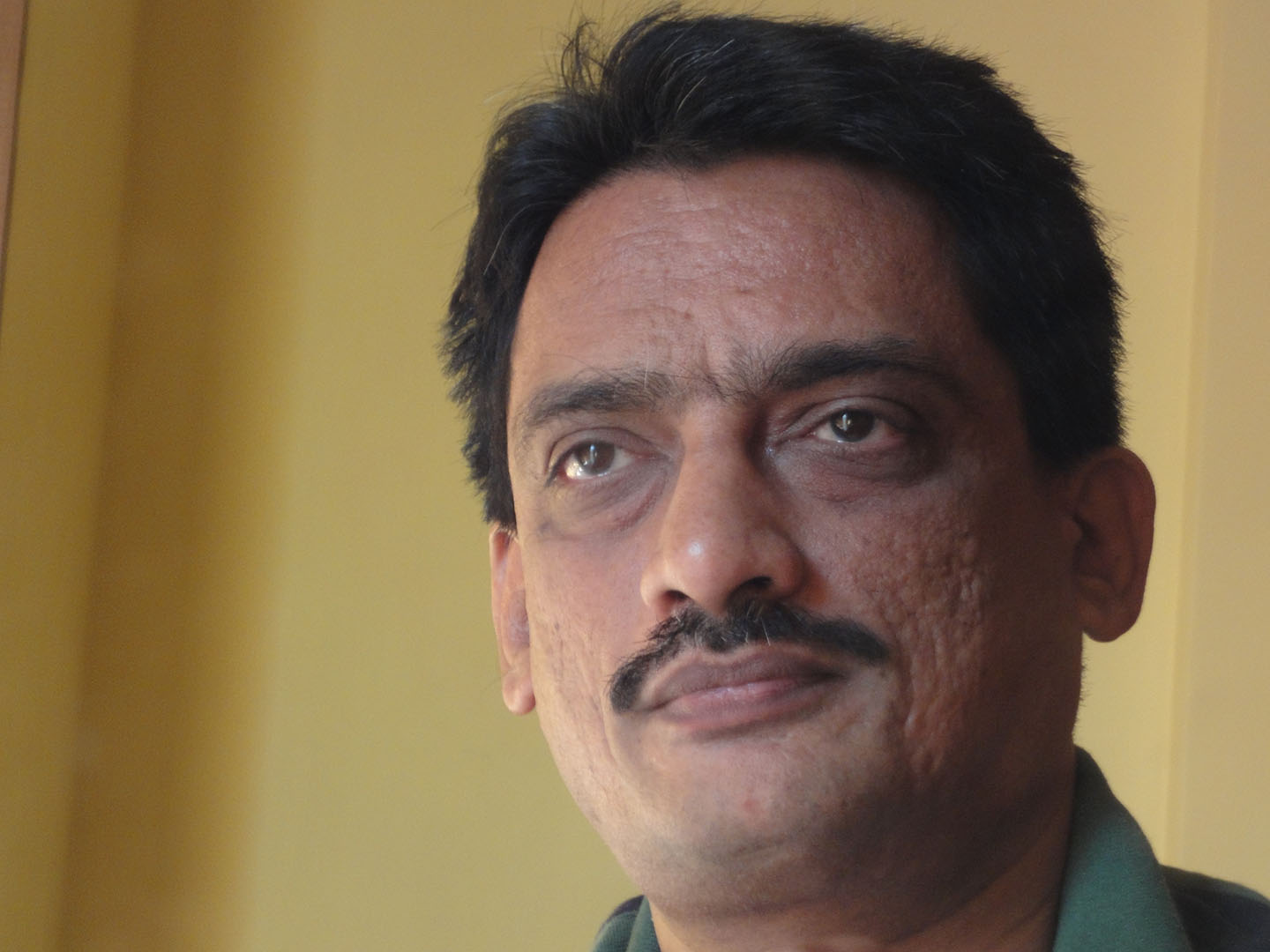
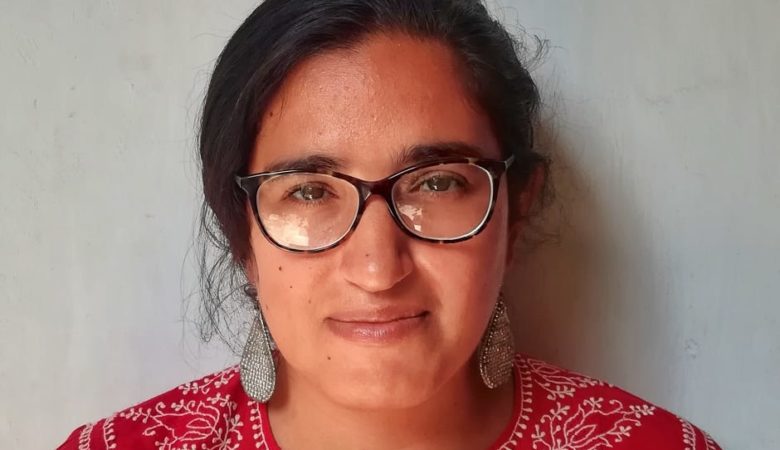
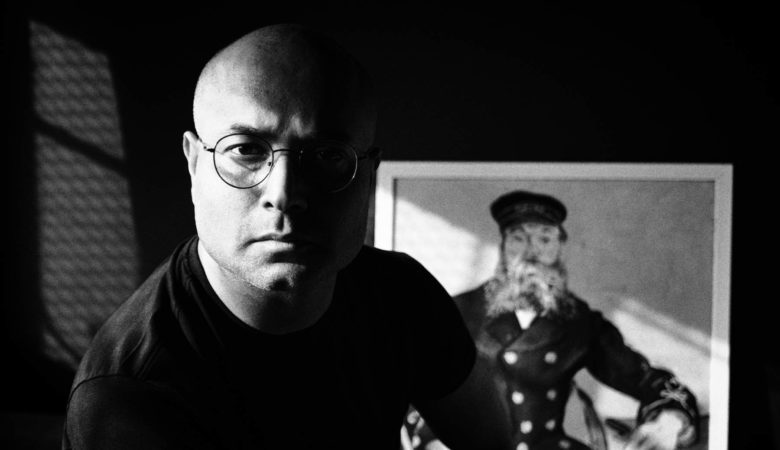
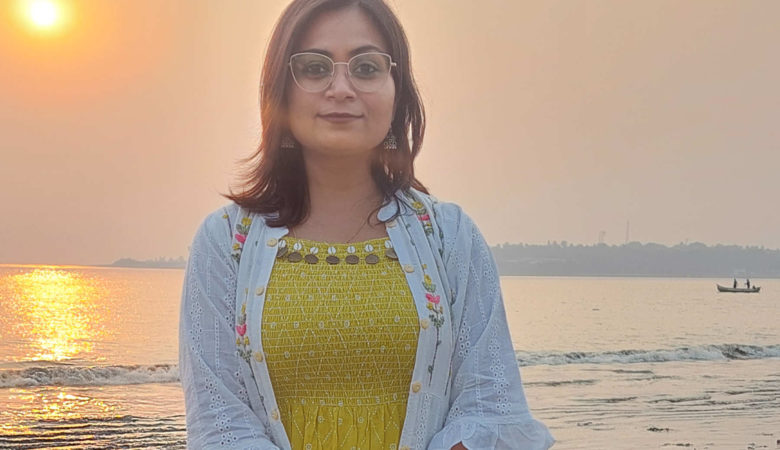
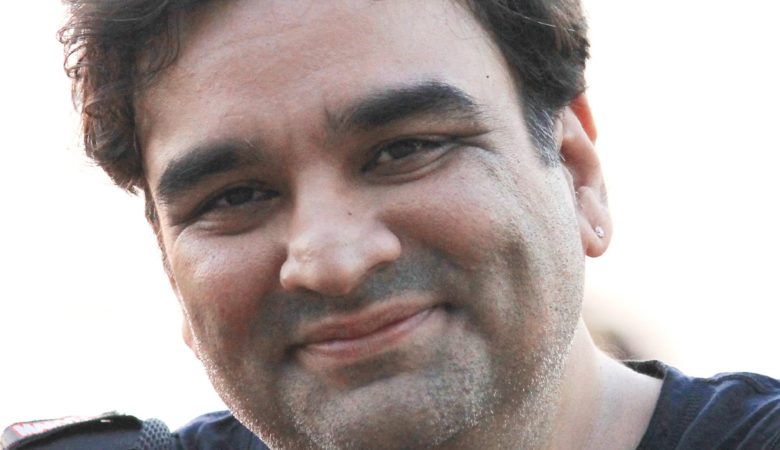



Leave a Reply